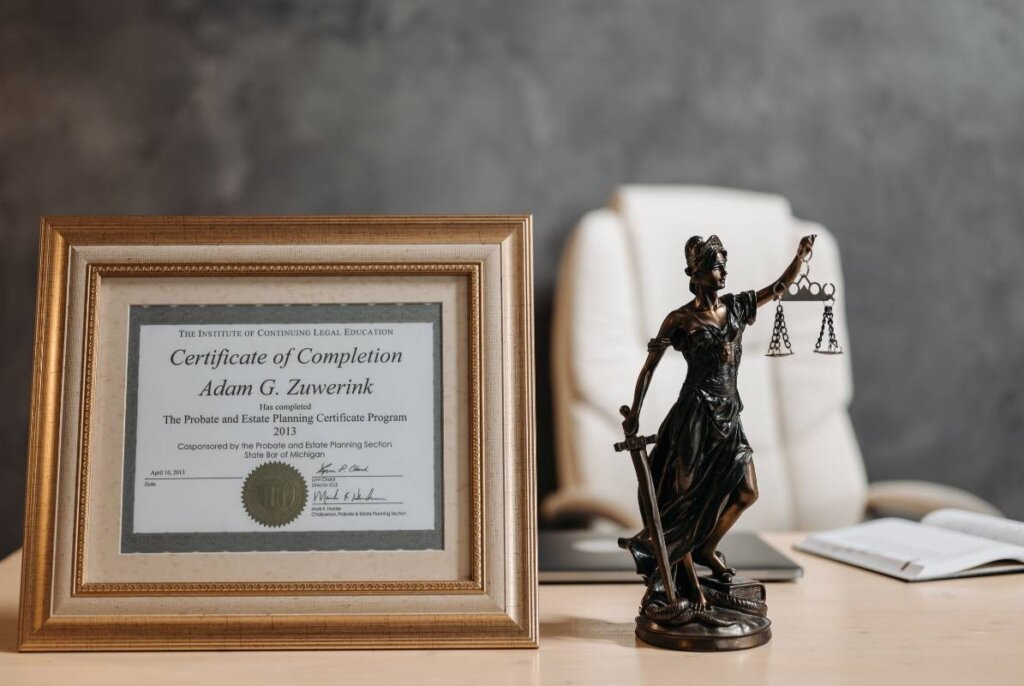When a loved one passes away, homeowners often find themselves overwhelmed by the complexity of probate, especially when it comes to selling a home. Probate can be confusing and emotionally draining but understanding the process can help ease the burden. This guide will simplify and clarify the Pennsylvania probate process for homeowners.
Understanding Probate in Pennsylvania

What is Probate? Probate is the legal process that verifies a deceased person’s will and allocates their assets appropriately. Its primary purpose is to ensure debts and taxes are paid and remaining assets are distributed according to the deceased’s wishes or state law if no will exists.
When is Probate Necessary in Pennsylvania? Not all properties require probate. Typically, probate is necessary if the deceased owned property solely in their name without designating beneficiaries. Assets with designated beneficiaries or jointly owned properties often bypass probate.
Step-by-Step Guide to Probate for Home Sellers in PA
Step 1: Filing the Death Certificate and Opening Probate Obtain a certified death certificate from Pennsylvania’s vital records office or funeral director. Next, initiate probate by filing appropriate forms with your local Register of Wills office.
Step 2: Determining Executor or Administrator An executor (named in a will) or administrator (appointed by the court when there is no will) manages the estate. Their duties include inventorying assets, paying debts, and distributing assets. If no will exists, the court appoints an administrator based on Pennsylvania’s intestacy laws.
Step 3: Valuing and Securing the Estate Valuing and protecting the home during probate is important. Start by getting a professional appraisal to know the home’s true value. Make sure the home stays safe by changing locks, keeping insurance active, and regularly checking the property. American Bar Association Probate Guide offers insights on securing estates.
Step 4: Handling Debts and Creditors The executor or administrator must notify creditors of the death, settle outstanding debts, and resolve any mortgages or liens against the property. Paying debts ensures a smooth distribution of the remaining assets.
Step 5: Court Approval and Selling the House Before you can sell the house, the court needs to approve it. You’ll need to show the court the home’s value and the terms of your sale to ensure everything is fair for everyone involved.
Step 6: Distributing Assets and Closing Probate From here, you will need to sell your house. After the sale, distribute the proceeds among heirs based on the will or state laws. Lastly, close probate officially by filing paperwork with the court.

Common Challenges and Solutions in Probate Home Sales
Selling a House Without a Will In Pennsylvania, if someone dies without a will (or “intestate”), their estate is distributed in a particular way. The exact distribution depends on whether the person has a spouse, children, or other relations. This chart illustrates how this process works in Pennsylvania
Handling Disputes Among Heirs Disputes among heirs are common. Transparent communication, mediation, or legal intervention can help resolve these disputes, making for a smoother probate process.
Expediting the Probate Process Pennsylvania offers shortcuts for small estates or estates with limited assets. Executors should consult a probate attorney to explore these expedited options.
Frequently Asked Questions About Probate and Home Sales in PA
Does every property go through probate? No, jointly owned property or assets with named beneficiaries typically bypass probate.
How long does probate take? Probate can range from a few months to over a year, depending on estate difficulty.
Can you sell a home before probate ends? Yes, but court approval is necessary before finalizing the sale.

Conclusion Navigating probate in Pennsylvania can be daunting, but understanding each step simplifies the process significantly. Liberties Homes is here to guide homeowners through the complexities of selling a probate property.
Ready to explore your selling options? Schedule a free call today or provide your email to receive helpful probate resources—we’re here to assist you every step of the way.

Christine Sommer works with Liberties Homes, a Philadelphia-based real estate investment company that helps Pennsylvania homeowners navigate probate, inherited properties, and challenging real estate situations. With deep expertise in probate sales, distressed property solutions, and fast cash offers, Christine and her husband have helped dozens of families find simple, fair solutions to selling unwanted properties.
